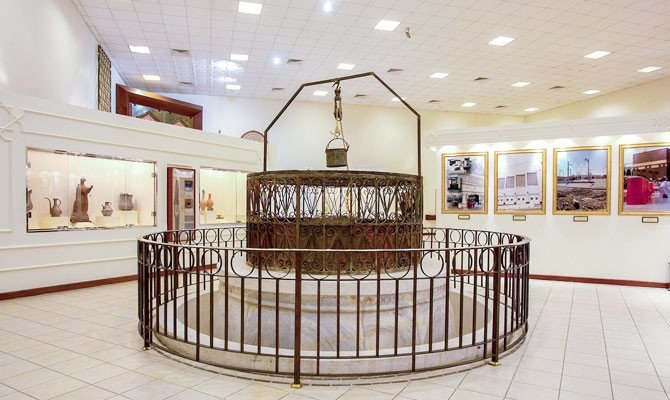New Facilities Ensure Accessibility of Zamzam Water for Muslim Pilgrims in Saudi Arabia
Saudi Arabia has introduced new facilities to ensure the accessibility of Zamzam water for Muslim pilgrims arriving in the country ahead of the Hajj pilgrimage scheduled later this month.
The Al Zamazemah Company in Saudi Arabia has taken proactive measures by mobilising its human resources and establishing nine field centers that operate 24/7. These centers have been set up to deliver Zamzam water directly to the residences of pilgrims in the holy city of Makkah.
Rayan Zamazmi, the deputy supervisor of the seasonal works, stated, “The field service centers in Makkah and the holy places are operating round the clock, staffed by over 950 employees overseen by a group of supervisors and center managers.” He further mentioned that a fleet of 137 trucks has been deployed to transport Zamzam water to the houses of the pilgrims, adhering to the highest safety standards.
Additionally, the company recently launched an electronic platform to facilitate the delivery of Zamzam water packets to the houses of the pilgrims. This digital platform aims to streamline the process and ensure convenience for the pilgrims.
Last year, robots were utilised during the Hajj pilgrimage to distribute Zamzam water bottles at the Grand Mosque in Makkah as part of the precautionary measures against COVID-19.
Zamzam water holds great significance for pilgrims, and it is also popular among overseas pilgrims who often present it as a gift to their relatives and friends upon returning home.
The upcoming Hajj pilgrimage is anticipated to mark the return of pilgrim numbers from around the world to pre-pandemic levels. Saudi Arabia has made extensive preparations for the Hajj, which is one of the five obligatory duties in Islam.
The kingdom has announced that there will be no restrictions on the number of pilgrims from across the globe for the upcoming Hajj season, reversing the previous limitations imposed due to the global pandemic.
In the past two years, Saudi Arabia had reduced the number of Muslims allowed to perform the Hajj rites in order to prevent the spread of COVID-19.
Prior to the pandemic, approximately 2.5 million Muslims used to participate in the annual Hajj pilgrimage. Muslims who are physically and financially capable are obligated to perform Hajj at least once in their lifetime.







